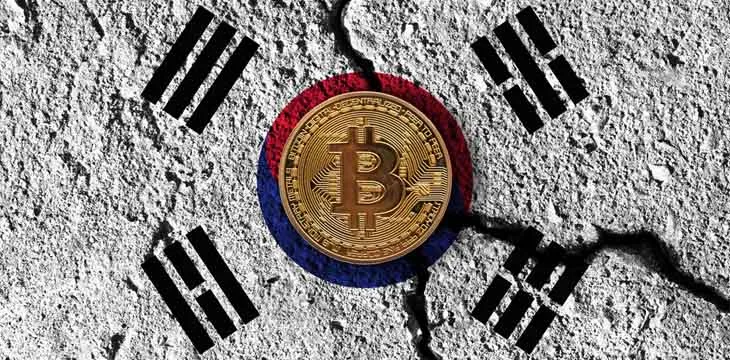|
Getting your Trinity Audio player ready...
|
South Korea’s central bank has made public its desire to exercise greater control over the digital currency industry, pitting it in a regulatory tug-of-war against the Financial Services Commission (FSC).
The Bank of Korea (BoK) threw the first salvo in the battle for control on April 25 during a joint meeting with the National Assembly over a proposed digital currency bill for the country. In the meeting, the central bank demanded the right to access data from the virtual asset service providers (VASPs) in the country on the grounds that the asset class may pose a threat to financial stability.
“Due to the significant impact of the cryptocurrency market on the financial system, it is necessary to require cryptocurrency operators to submit documents to identify the impact on the conduct of monetary and credit policy, financial stability, and the payment and settlement system,” said BoK Deputy Governor Lee Jong-ryeol.
The BoK’s claim for the right to access data from service providers was stiffly opposed by the FSC on the reasoning that digital assets are not widely used for payment. Although the FSC conceded some of its powers to the central bank, experts predict a bigger showdown between the regulators.
Already, the BoK has its sights on stablecoins, noting in an April report that they possess the ability to influence monetary stability and should be regulated by the central bank. It stated that it is keen on regulating the burgeoning industry to prevent a repeat of the ill-fated Terra and FTX collapse that reverberated across the South Korean financial ecosystem.
“The power struggle between the two will likely continue,” Kim Hyoung-joong, president of the Korea Fintech Society. “The two might collide again when developing the enforcement decree that comes after completing the law.”
Given the proliferation of digital currency among South Korean residents, the central bank appears to be pushing for greater control over the industry. At one point in 2021, daily transaction volumes for digital assets surpassed the equities market, with the country contributing to 9% of global trading volumes.
Flipping the regulatory landscape
Experts have opined that the tussle between the two agencies may have several unintended consequences for the industry. A member of the ruling political party stated that conferring regulatory power on the central bank may give an impression to investors that digital assets are an acceptable means of payment.
However, the central bank defended itself by saying that the FSC has not lived up to its expectation as sole regulator and it is within its constitutional powers to regulate digital assets.
“The Bank of Korea wants to monitor any instances where a cryptocurrency company could undermine the stability of payment or financial systems,” said one proponent of the BoK’s bid for greater regulatory powers.
Watch: Crypto regulation will make life easier for BSV

 07-15-2025
07-15-2025 





